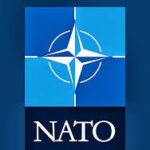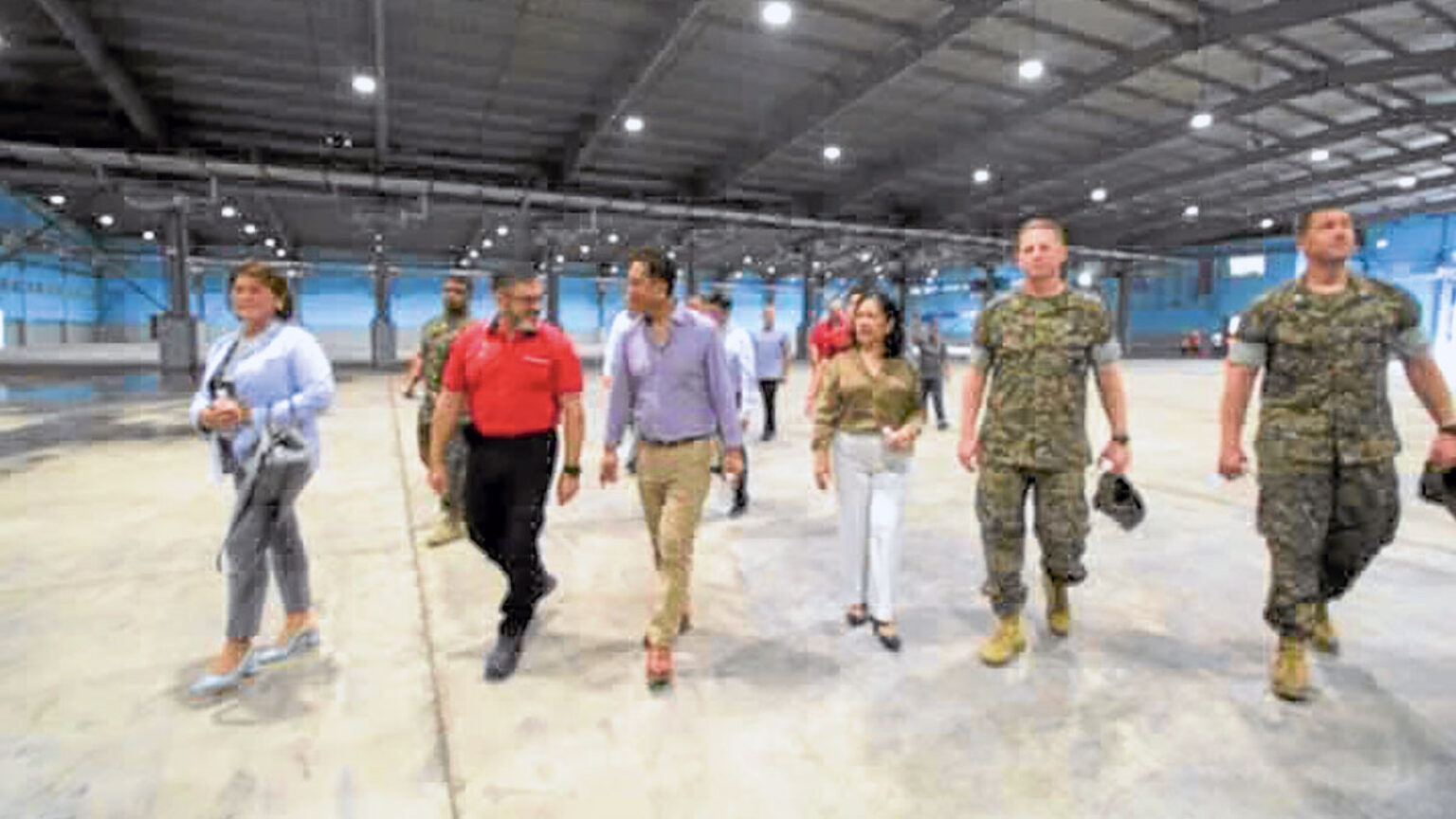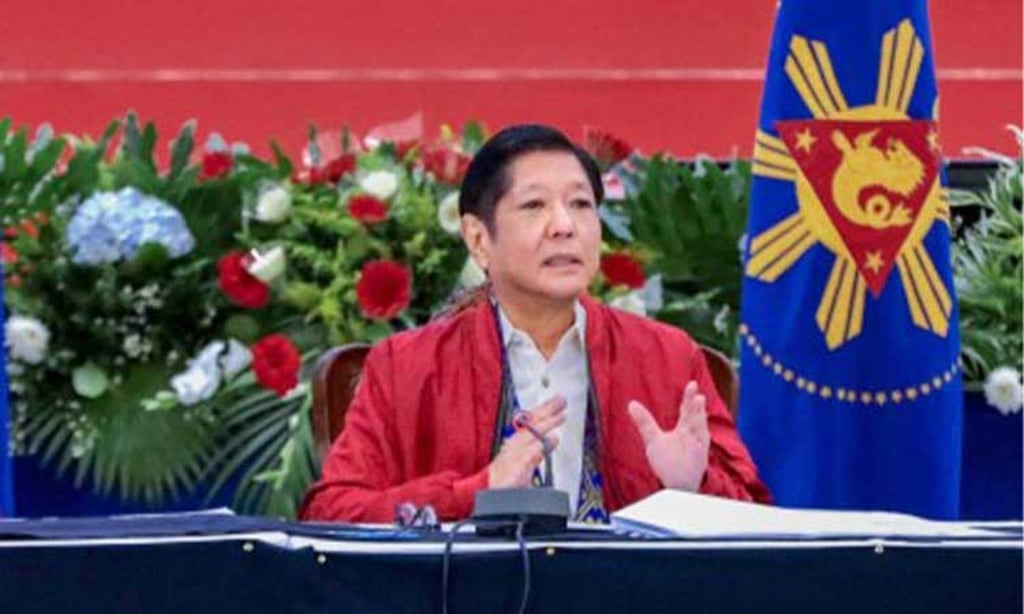In photo: (from left to right) H.E. David Hartman (Ambassador, Embassy of Canada in the Philippines), H.E. Tull Traisorat (Ambassador of the Embassy of Thailand in the Philippines), H.E. Andreas Pfaffernoschke (Ambassador, Embassy of Germany in the Philippines), H.E. Annika Thunborg (Ambassador, Embassy of Sweden in the Philippines), H.E. Hae Kyong (HK) Yu PSM (Ambassador, Australian Embassy in the Philippines), Hon. Maria Antonia Yulo Loyzaga (Secretary, Department of Environment and Natural Resources (DENR)), Hon. Arsenio Balisacan (Secretary, National Economic and Development Authority (NEDA)), H.E. Endo Kazuya (Ambassador, Embassy of Japan in the Philippines), H.E. Luc Véron (Ambassador, Delegation of the European Union to the Philippines), Prof. Victor Andres “Dindo” Manhit (President, Stratbase ADR Institute)
MAKATI CITY – Some of the world’s leading mining countries and economies have pledged increased support for the Philippines’ efforts to revitalize its mining industry.
The ambassadors of Japan, Australia, Canada, and the European Union extended a helping hand to the Philippines’ mining industry during a recent mining conference co-organized by the Department of Environment and Natural Resources and international think tank, Stratbase Institute.
Japanese Ambassador to the Philippines Endo Kazuya underscored the importance of the import and export of critical materials in the economic relationship between Japan and the Philippines. Japan is a major importer of minerals from the Philippines, notably nickel, copper, and iron.
“As the price of critical minerals, including nickel, could be volatile, a stable business environment is essential. And I would like to thank the government of the Philippines for its continuous support for maintaining such an environment,” Kazuya said.
“By working together to address challenges and opportunities in the mineral trade, Japan and the Philippines can further enhance our strategic partnership and contribute to the growth of our respective industries,” the envoy added.
He also expressed Japan’s interest in exploring the Philippines’ proposal for a joint geological survey to assess the potential of mineral resources in the country.
Australian Ambassador to the Philippines Hae Kyong Yu expressed her country’s interest in bolstering its critical minerals strategy through collaboration with like-minded countries such as the Philippines.
“So, this focus by the Philippines on critical minerals could not have come at a better time,” Yu said.
She emphasized the significant contribution of the mining industry to Australia’s economy, citing its substantial percentage of GDP and employment figures, and expressed confidence that the Philippines, with its abundant natural resources, can replicate Australia’s success.
“Given Australia’s expertise and the Philippines’ commitment to developing a world-class, sustainable, environmentally friendly mining sector, really, our strategic partnership is one that is made in heaven. It’s a perfect match,” Yu stressed.
“We should definitely get Australian companies to invest in the Philippine mines, and we should definitely get them to provide the latest mining equipment, technology, and services to Philippine mining companies,” she added.
Canadian Ambassador to the Philippines David Hartman noted that both the Philippines and Canada are members of the Intergovernmental Forum on Mining, Minerals, and Sustainable Development (IGF), which is recognized as a foremost institution for promoting sustainable mining principles and practices, with over 80 member countries.
“Under the 2023-2028 Philippine Development Plan, the Philippines has identified critical minerals as a priority for development and investment. Canada and indeed Canadian companies stand ready to support the Philippines in harnessing the potential of these minerals through research and development collaboration, capacity building and training and encouraging greater uptake of value-added processing among Canadian companies already domiciled right here in the Philippines,” Hartman said.
“To our government and the Philippine partners, I extend an open invitation to share your technical assistance requirements with my team and I at our embassy. My commitment to you is to give your request priority consideration,” he added.
The European Union, meanwhile, hopes the Philippines would be part of the Mineral Security Partnership Forum, which unites raw material producing and consuming countries.
EU Ambassador to the Philippines Luc Véron said this initiative aims to support sustainable critical materials projects and foster open policy dialogue to promote fair competition, transparency, and high environmental standards.
“From the perspective of the European Union, it is imperative that the mining industry would have very strong environmental, social and governance standards that are embedded in the daily practices of the mining industry,” Véron said.
Stratbase Institute President Dindo Manhit said there is a need to ensure a stable policy environment that is responsive and upholds ease of doing business and ease on trade tariffs.
“Because at the end of the day, if we transform ourselves from one that is consumption-driven to one that is investment-led growth, which will create jobs, address livelihood for our people, we need to take into consideration how do we bring these investments,” Manhit said.
“And we need government, the private sector, and investors to really work together and find a common interest, find the common ground to achieve that investment, that goal for the Filipino nation,” he added.
Manhit said, if roadblocks are addressed, the Philippines can harness the full potential of its mining resources.















